Second Generation Italian Eco-Leather Founder: How to Make a Vegan Sneaker | Exclusive Interview with Yatay
September 8,2021
Yatay vegan sneakers are handcrafted in Italy by expert artisans. The price of a pair of Yatay sneakers is around 1.5 times higher than that of Nikeтs eco-friendly basketball shoes, Adidasтs eco-friendly sneakers, and sustainable brand Allbirdsт running shoes.
There are many new brands that advocate and practice sustainability. Here,Т Luxe.COТ focuses on Yatay and its special cruelty-free shoeware, and has an exclusive interview with brand founder,Т Umberto De Marco.
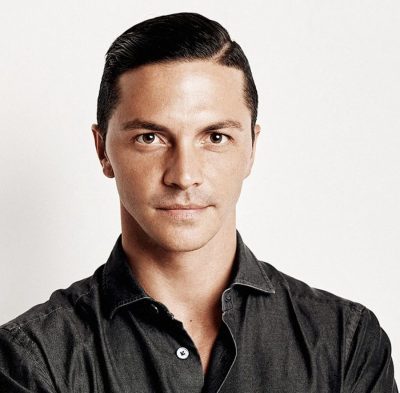
Umberto de Marco
De Marco said that after founding Yatay two and a half years ago, the brand has sold about 10,000 pairs of sneakers.
Apart from selling on the brandтs official website, Yatay has been sold at La Renaissance in Italy, Selfridges in Britain, Printemps in Paris, Level Shoes at Dubai Mall and other offline marketing channels, the founder added.
It seems that sustainable brands are still far from the minds of consumers, but they have become an indisputable mainstream trend in the industry. Many entrepreneurs have made sustainability their original aspiration for their brands.
This article explores how Yatay has created a middle and high-end environmental leather sneaker brand.
Leather Made from Grain
In 1967,Т Enrico De Marco, the father of Umberto, founded a family tanning company т Coronet Spa. The company mainly provides leather substitute materials for shoes, bags, clothing and other products. Headquartered in Milan, Coronet Spa also has factories in China and Vietnam. As a global leather manufacturer now,Т Coronet supplies luxury brands such as Louis Vuitton and Armani.
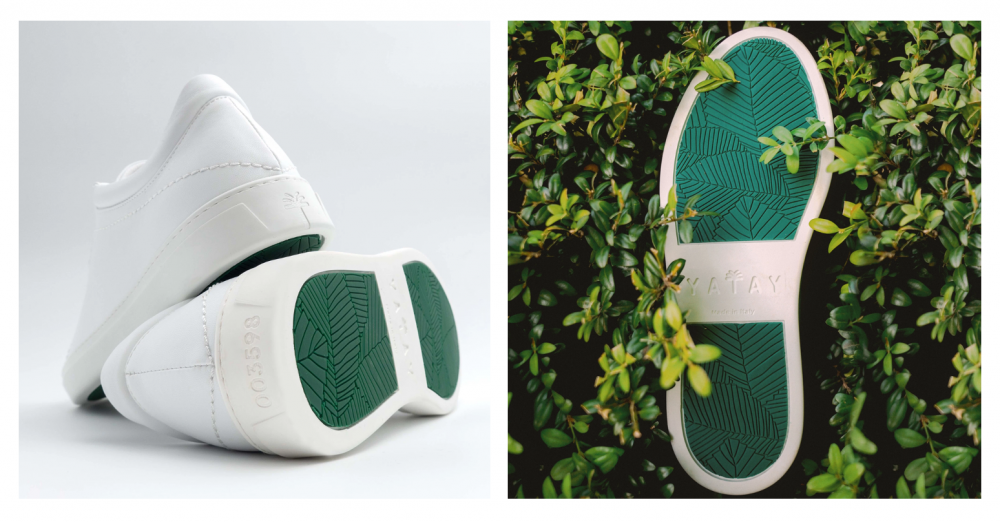
Yatay sneaker
About 50 years ago, Enrico De Marco invented anТ environmental-friendly synthetic leather materialТ and became a pioneering entrepreneur in the eco-leather industry.
After the success of his father, the younger De Marco set up a research team and, in two years, discovered a way to make eco-friendly leather fromТ biopolyols, which involves the extraction of polymer as raw material from grain.
Umberto De Marco was born in Milan in 1987. After graduating in Economics and Finance from Bocconi University in 2010, De Marco started a one-year internship at Coronet China т the Asian branch of the family company, and then interned with the U.S. marketing department of Italian luxury brand Moncler.
De Marco founded Yatay in 2018.
Luxe.CO: Why did you found Yatay? Why did you choose to enter the shoe business?
Umberto De Marco (UDM): My mission is to create the first high-end sustainable sneaker brand made in Italy. I have two reasons for this. First, Iтm a huge fan of sneakers and wear them almost every day. Second, we use materials developed by my fatherтs company. There are lots of synergies between Coronet and Yatay, and we will expand into bags and other categories in the future.
Luxe.CO: How do you help consumers understand what Yatay is doing? Have your consumers ever had doubts about product quality?
UDM: Yes, we think about such problems, and we show consumers through profiles, photos and videos. There's a one-minute video on the Yatay website, welcoming viewers to check us out. We explain how the sneakers are made, what materials are used from Italy, and the idea behind the making of the sneakers. All in all, тtransparencyт is the key word and our goal is to be more sustainable than the last season.
Luxe.CO: Yatay collaborates with a recycling plant. Does this process lead to an increase in the price of your sneakers? How do you encourage consumers to accept such pricing?
UDM: That's why our prices are a little bit higher than our competitorsт. We are very strict with all the raw materials we use. In order to get consumers onside with this, we need to explain it in detail and tell them the story behind the product.
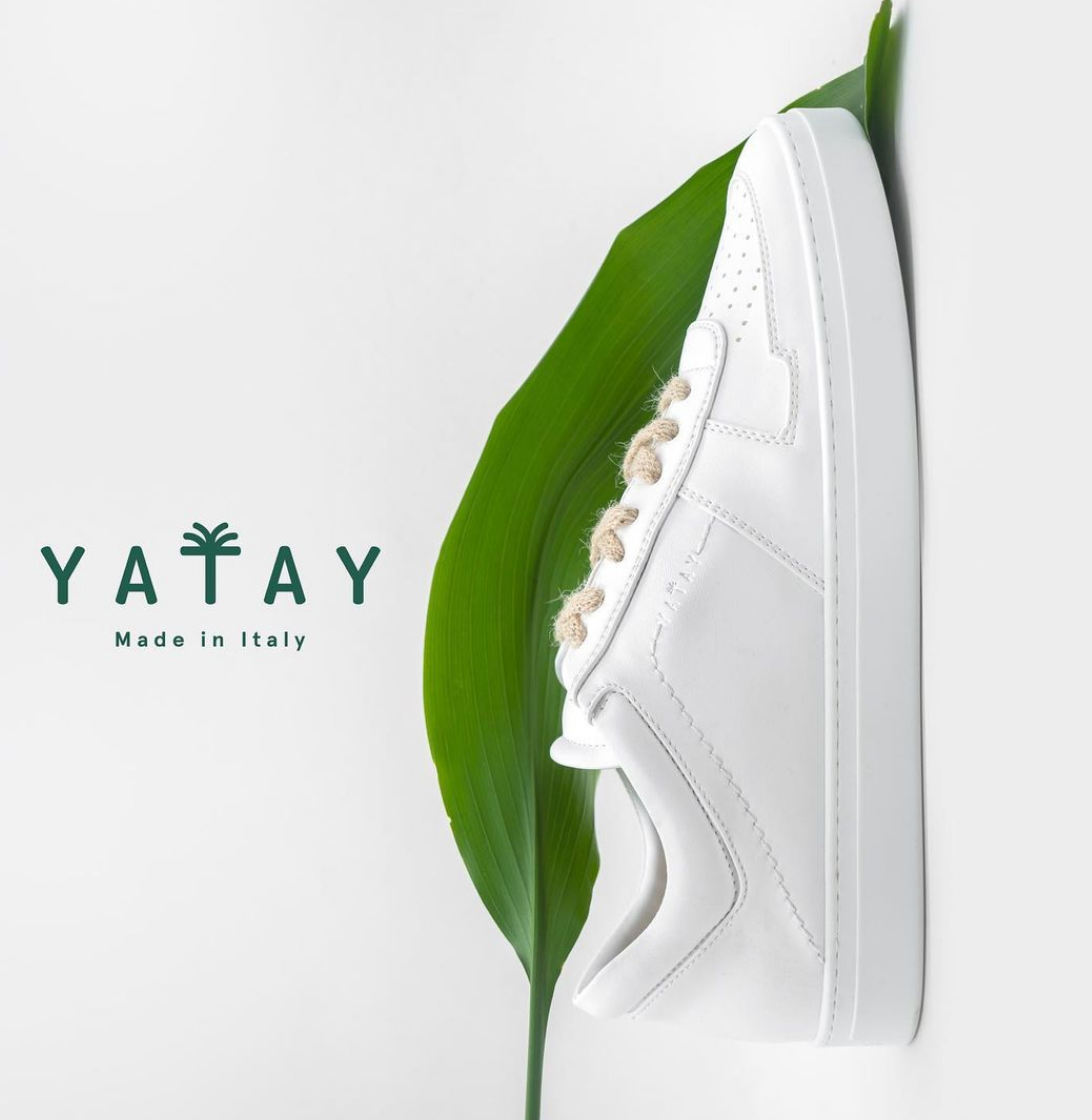
Yatay uses Coronetтs internal materials for the uppers, and uses other materials from other Italian companies. тSustainability is the original aspiration of the Yatay brand,т De Marco said. "My family business has been producing leather substitutes for nearly 50 years, so I specifically set up a team to study the evolution of this material. We created eco-friendly leather that isТ 75 percent sustainable, of which 50 percent uses corn biomaterials and 25 percent is from recycled plastics.т
Priced between 220 and 260 euros, Yatayтs shoes are about 1.5 times more expensive than comparable offerings from Nike, Adidas and Allbirds.
тMade in Italyт is also a strongs selling point for Yatay. All of Yatayтs products are handmade by local shoemakers in Marche, Italy. All of its materials are sourced in Italy to minimize its carbon footprint.
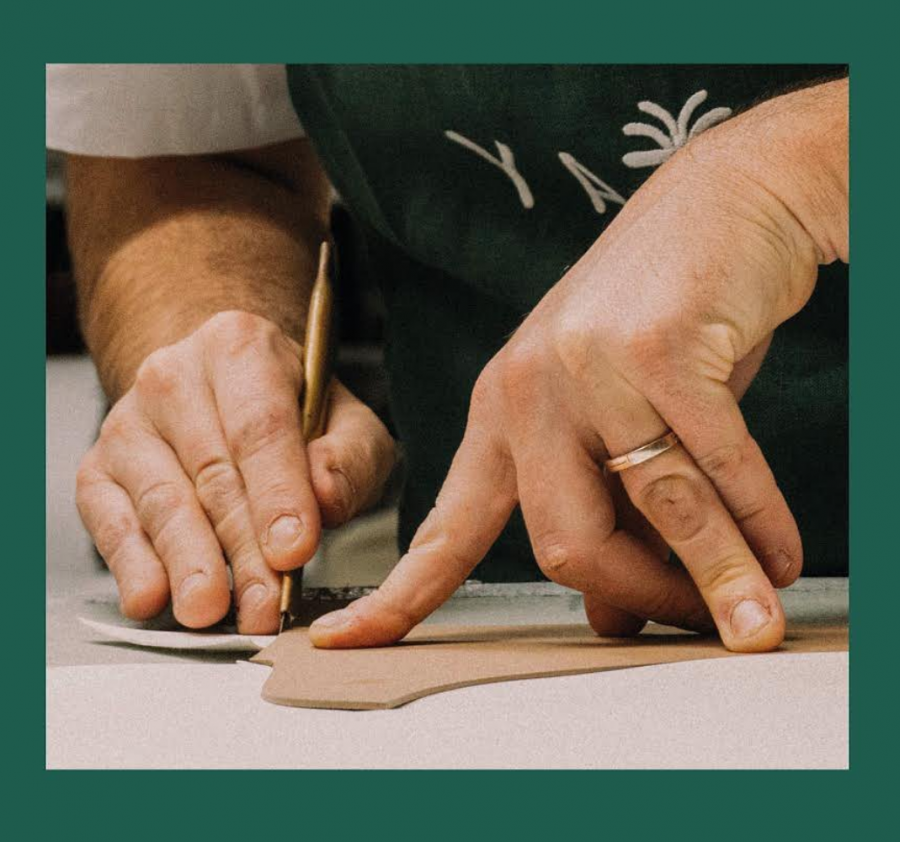
De Marco told us that Yatay uppers are made from recycled plastic bottles, which are durable, waterproof, lightweight, soft and resistant to corrosion.
The trainers are lined with wood pulp from 100% sustainably grown trees to keep your feet dry and odorless. If you look closely at a Yatay insole, you will find tiny black spots made from recycled rubber. This adds flexibility and comfort to the sole.
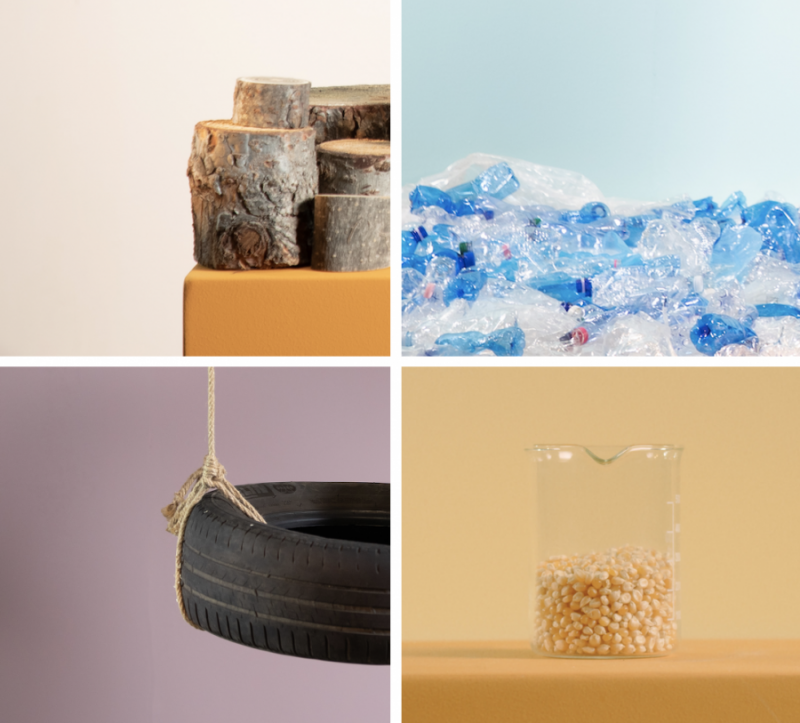
Materials used by Yatay to make sneakers
Marketing Shoes in a Cooler, More Disruptive Way
If you buy a pair of Yatay sneakers, you'll receive backgammon board packaging, complete with black-and-white pieces that encourage you to reuse the box.
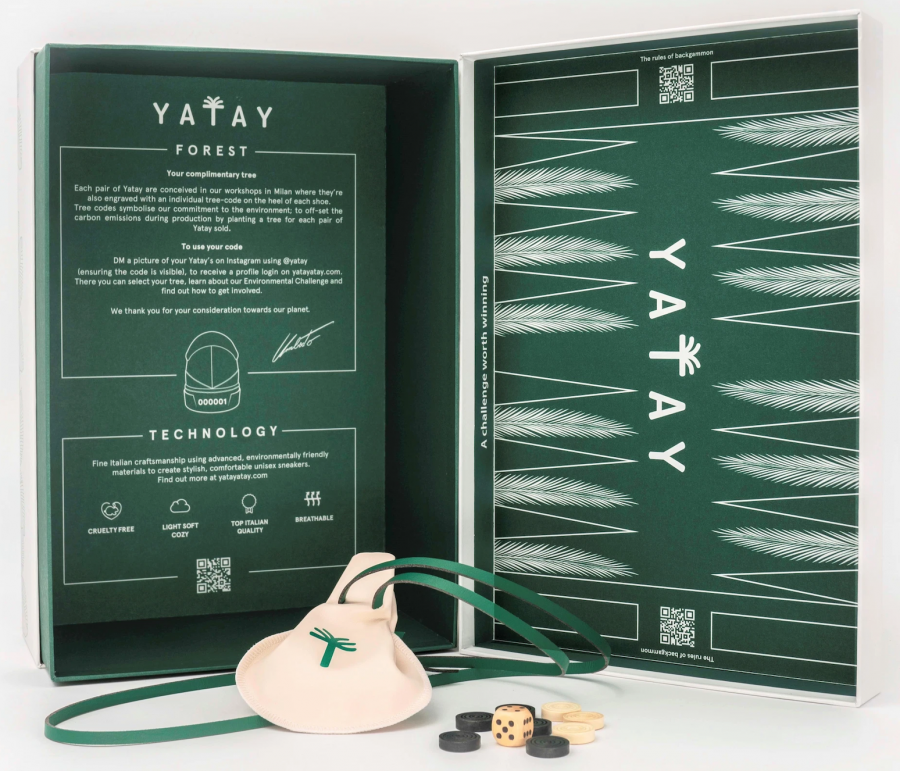
Open the package, take out your Yatay sneakers, and take a closer look to find your own Yatay code on the heel. In addition to owning sustainable sneakers, you receive proof of Yatayтs commitment to sustainability with this code.
For example, you canТ choose a tree you likeТ т Т cashew, pine or eucalyptus т and plant it in Kenya.
There is an entrance to the тYatay Forestт on the official website. After registering and logging in, consumers can input their own Yatay code from their sneakers and select the tree species they want to plant. Yatay will plant a real tree in Bore, Kenya through its collaboration with a nonprofit group, One Tree Planting.
Consumers can monitor the growth of their trees. So far, about 80 percent of Yatay consumers have participated in the program.
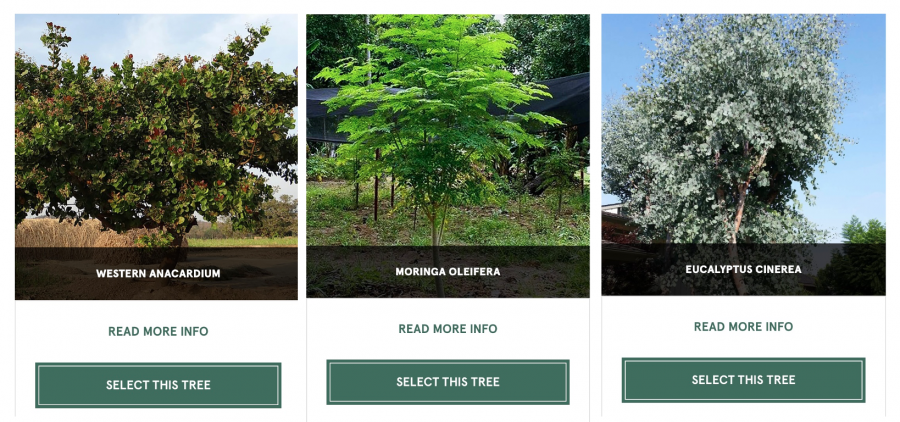
In addition,Т you can send your old shoes to Yatay for recycling when they wear out. Yatay has partnered with the Italian NGOТ Retake to recycle used shoe soles and dispose of other parts of the shoes in a sustainable way.
Consumers need to input their own Yatay code on the corresponding activity page, and fill in their personal address and other basic information as required. And then they will receive a special return bag sent by Yatay. Using the bag, consumers can send the old Yatay sports shoes back to the brand.
At present, Yatay has 43,000 followers on Instagram.
Luxe.CO: Whatтs the difference between running a sustainable brand and an ordinary fashion brand?
UDM:Т I think they are very similar. I firmly believe that creativity and sustainability must be constant parts of the brandтs future development. As a sustainable brand, one of the most important things to do is to clearly communicate our values and message, especially when promoting the brand on websites and platforms, because the information involved can be really overwhelming.
When consumers look at our product, itтs like seeing luxury leather sneakers. Itтs not clear whatтs behind it, and our job is to explain it in a cool way, in a disruptive way, in a way that our competitors havenтt tried before.
Luxe.CO: Does the brand have a financing plan in the near future?
UDM: We are looking for investments, not just financial ones. We hope more strategic ones will help Yatay expand its product portfolio and expand into bigger markets.
Luxe.CO: If Chinese consumers are interested in Yatay, where can they buy your products?
UDM: You can buy them from Yatayтs official website. We send our products to China every day. In fact, we have a number of Chinese customers already.
| Photo Credits: Brand official website, official Instagram account
| Writers: Lingli Shu, Hui Lu
| Editor: Elisa





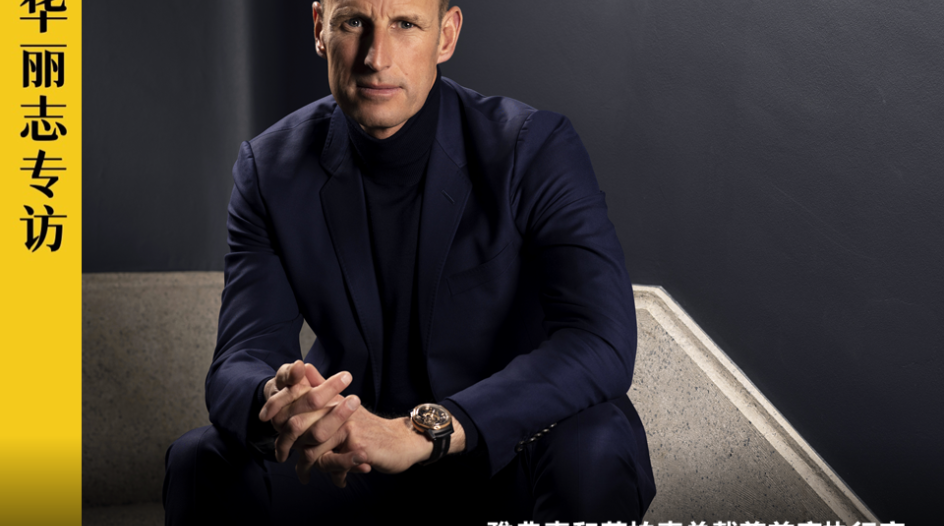





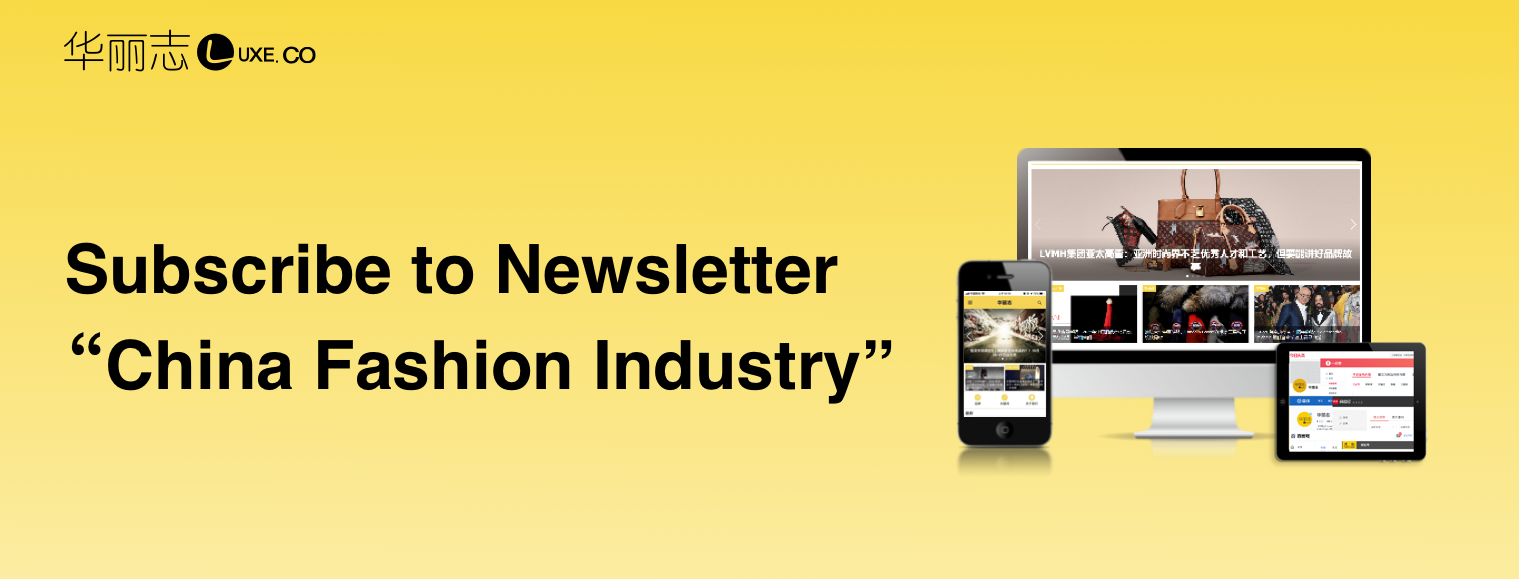
Comments